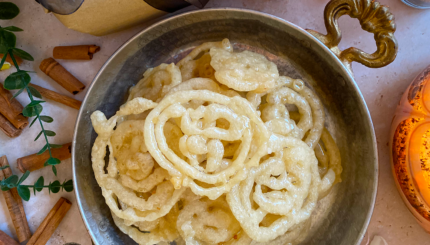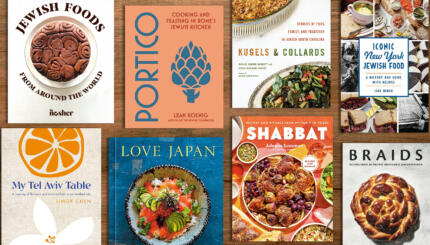Last year, I joined some of my fellow congregants as part of a delegation from our synagogue to the Religious Action Center’s Consultation on Conscience in Washington, D.C. This was the first time that I participated in this gathering, and it was a great experience. I had the opportunity to meet amazing people, hear compelling stories, and begin thinking about how we, as a delegation, could take back these ideas to our synagogue. To do this successfully, we needed to tackle various social justice issues in a way that was appropriate for where our synagogue is located: Mississippi.
Beth Israel Congregation is the only synagogue in Jackson, Mississippi, which means it has some unique challenges, opportunities, and also a diverse membership. We frequently discuss how to create a temple that is welcoming to as many people as possible.
So, how do you come back from a Jewish social justice conference where everybody is fired up to repair the world and build consensus in a space where people have very diverse perspectives about said world?
Our 13-person Social Justice committee believes it is essential for us to acknowledge our history, and our ongoing work toward a more just world. Many people have done incredible work up until now, and we want to continue the conversation by inviting new perspectives to the table. We also believe it is important to acknowledge that this work takes time. While we have big aspirations, we want to be intentional about taking the necessary time to have non-threatening conversations, provide opportunities to learn, and gradually evolve into something that is uniquely appropriate for the community.
Early on, we decided to create a series of learning opportunities that would fall under the heading of Intersections. These events would allow us to dive deeply into a specific social justice topic, as it relates to faith. Our first event was on the intersection of Gender/Sexual Diversity and Faith. For two and a half hours, over 100 people from diverse backgrounds and faiths engaged in meaningful discussions shared over a delicious meal. We provided a safe space for people to learn about what “Gender and Sexual Diversity” means, and how our faiths encounter this topic.
The keynote speakers were a mother and son who spoke about the transgender son’s journey into becoming himself, and his family’s support along the journey. This was followed by a panel discussion with our rabbi, a pastor, and the daughter of a Hindu priest. Our second panel consisted of representatives from a local community health organization, the ACLU’s transgender advocacy program, and a transgender person of color. Lastly, we heard from the Human Rights Campaign who provided updates on what is happening legislatively. An incredible pastor delivered our invocation, and another rabbi from the community offered our benediction. In addition to the programming, we provided tables for a variety of organizations who wanted to share information and resources.
That night was about sharing and learning, not blaming or calling out. We met people where they were and helped shed light on topics that are complicated, actively evolving, and often misunderstood. We wanted to give people space and time to process the information and come back again in the new year to learn and engage further. It is often said that one of the most powerful ways to enlighten others, expand mindsets and beliefs, and drive change is to share stories – to humanize concepts, politics, and people. Our Intersections series is designed to do just that
Wherever you are – New York, Atlanta, or Mississippi – these are important conversations to have. How is your community welcoming these discussions? I’d love to hear your stories in the comments!



